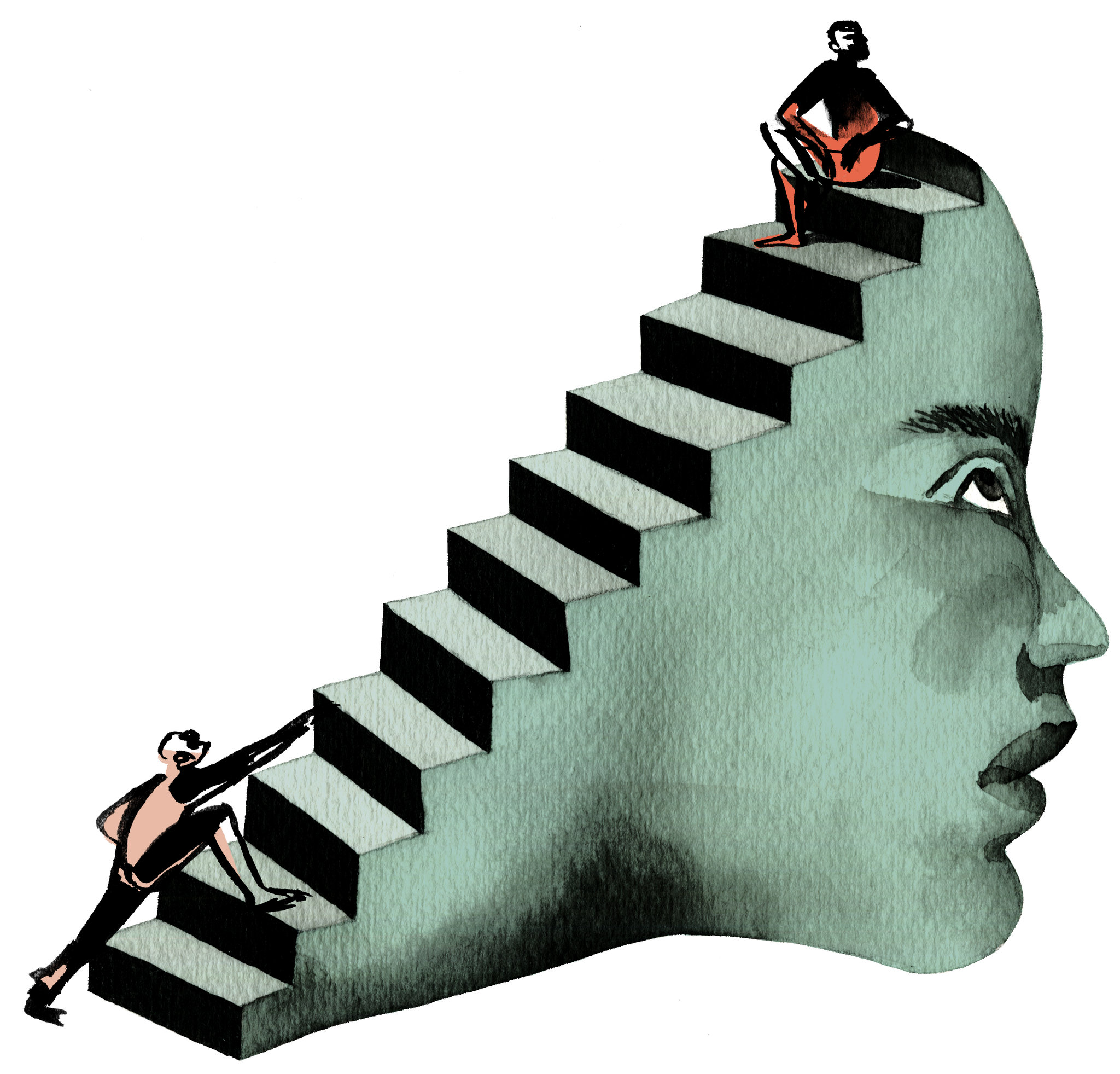Tariq Mahmood Awan
The emotional scheme of humans refers to the cognitive framework or concept that helps organize and interpret emotional information. Emotions are subjective feelings that are influenced by various factors, such as physical, cultural, economic, and behavioural aspects of life.
Physical aspects of life include the biological and physiological processes that affect emotions, such as genetics, hormones, brain activity, and health conditions. Researchers suggest that genetics are the primary influence, while others believe that our environment and social interactions shape our emotions. Hormones like cortisol and oxytocin can modulate our stress and bonding responses. Brain activity, such as activating the amygdala and the prefrontal cortex, can regulate our emotional reactions and expressions. Health conditions, such as chronic pain or depression, can impair our emotional functioning and well-being.
Cultural aspects of life include the social and historical contexts that shape emotions, such as norms, values, beliefs, and traditions. Different cultures may have different ways of naming, expressing, and regulating emotions. For example, some cultures may value happiness more than others, or others may encourage suppressing negative emotions more. Cultural factors can also influence how we perceive and respond to the emotions of others. For example, some cultures may have more complex or subtle cues for recognizing emotions, or others may have more empathy or compassion for certain groups of people.
Economic aspects of life include the material and financial resources that affect emotions, such as income, wealth, poverty, and inequality. Economic factors can have a significant impact on our emotional well-being and satisfaction. For example, having enough money to meet our basic needs can reduce stress and increase happiness. However, having too much money or pursuing money for its own sake can also reduce happiness and increase greed or envy. Economic factors can also influence how we relate to others emotionally. For example, poverty or inequality can create resentment or anger towards those with more.
Behavioural aspects of life include the actions and habits that affect emotions, such as choices, goals, motivations, and coping strategies. Behavioural factors can positively or negatively impact our emotions depending on how they align with our values and needs. For example, making choices that reflect our authentic selves can increase happiness and self-esteem. However, making choices that violate our moral standards or harm others can decrease happiness and increase guilt or shame. Behavioural factors can also influence how we manage our emotions. For example, using adaptive coping strategies, such as problem-solving or seeking support, can enhance our emotional resilience. However, using maladaptive coping strategies, such as avoidance or substance abuse, can worsen our emotional problems.
These are some of the main aspects of life that affect the emotional scheme of humans. However, many other factors can also play a role, such as personality, gender, age, education, religion, etc. Moreover, these aspects are not mutually exclusive or independent; they often interact and influence each other in complex ways. Therefore, to critically evaluate the emotional scheme of humans in detail, one would need to consider multiple perspectives and sources of evidence.
Accordingly, it is critical to strengthen the emotional scheme for the objectives and purposes of life. An emotionally intense person can live a life of choice. The techniques to enhance the emotional scheme of a human concerning political, cultural, economic and behavioural circumstances in Pakistan are related to the concept of emotional intelligence or EQ. Emotional intelligence is the ability to understand, use, and manage your emotions positively to relieve stress, communicate effectively, empathize with others, overcome challenges and defuse conflict. Emotional intelligence consists of four attributes: self-management, self-awareness, social awareness, and relationship management. Self-management involves controlling impulsive feelings and behaviours, managing your emotions healthily, taking initiative, following through on commitments, and adapting to changing circumstances. It involves practising mindfulness, using coping skills, setting goals, managing priorities, and pursuing objectives.
Self-awareness involves recognizing your emotions and how they affect your thoughts and behaviour. You know your strengths and weaknesses and have self-confidence. Some valid techniques can help with self-awareness. These include keeping a journal, seeking feedback, doing personality assessment tests and critically evaluating emotions and habits. Social awareness involves having empathy for others. You can understand the emotions, needs, and concerns of other people, pick up on emotional cues, feel comfortable socially, and recognize the power dynamics in a group or organization. Some of the techniques that can help with social awareness are listening actively, expressing gratitude, volunteering and working for collective causes.
Relationship management involves developing and maintaining good relationships, communicating clearly, inspiring and influencing others, working well in a team, and managing conflicts. Relationship management is a difficult task; however, it can be managed through using emphasized communication, compliments, resolving conflicts, sacrificing and developing appropriate conduct in relations. Furthermore, to strengthen the emotional scheme, there is a need to live collectively rather than individually. The cultural, religious and societal faiths can develop a better sense of emotional stability. It is also believed that resilience and struggle also make a man emotionally stable and strong.
Lastly, we live in a demanding cultural, political, administrative and economic environment. Accordingly, there is a need to strengthen the emotional scheme to fight the odds in an unpredictable society. Therefore, we must dissect the emotional scheme of our personalities and work accordingly. Life is a trust, and we should be ready to fight it out. Thus, it is against the dignity of humans to lose the fight, being emotionally weak and vulnerable.
Please, subscribe to the monthly magazines of republicpolicy.com
















